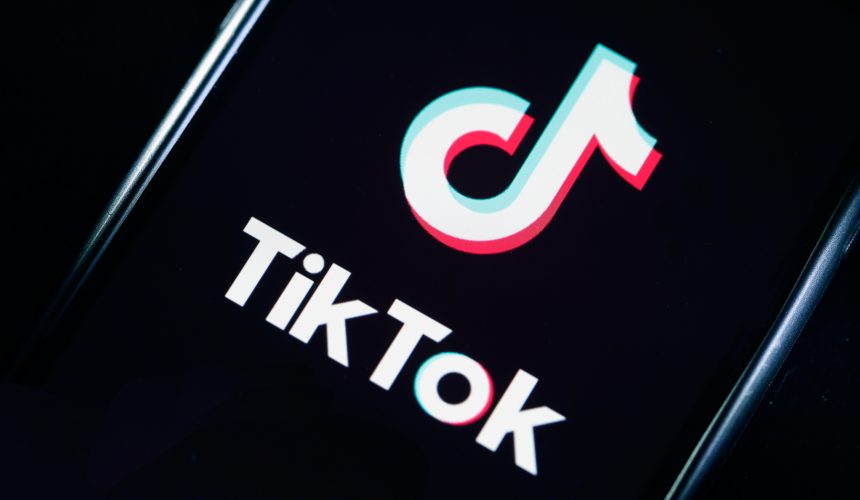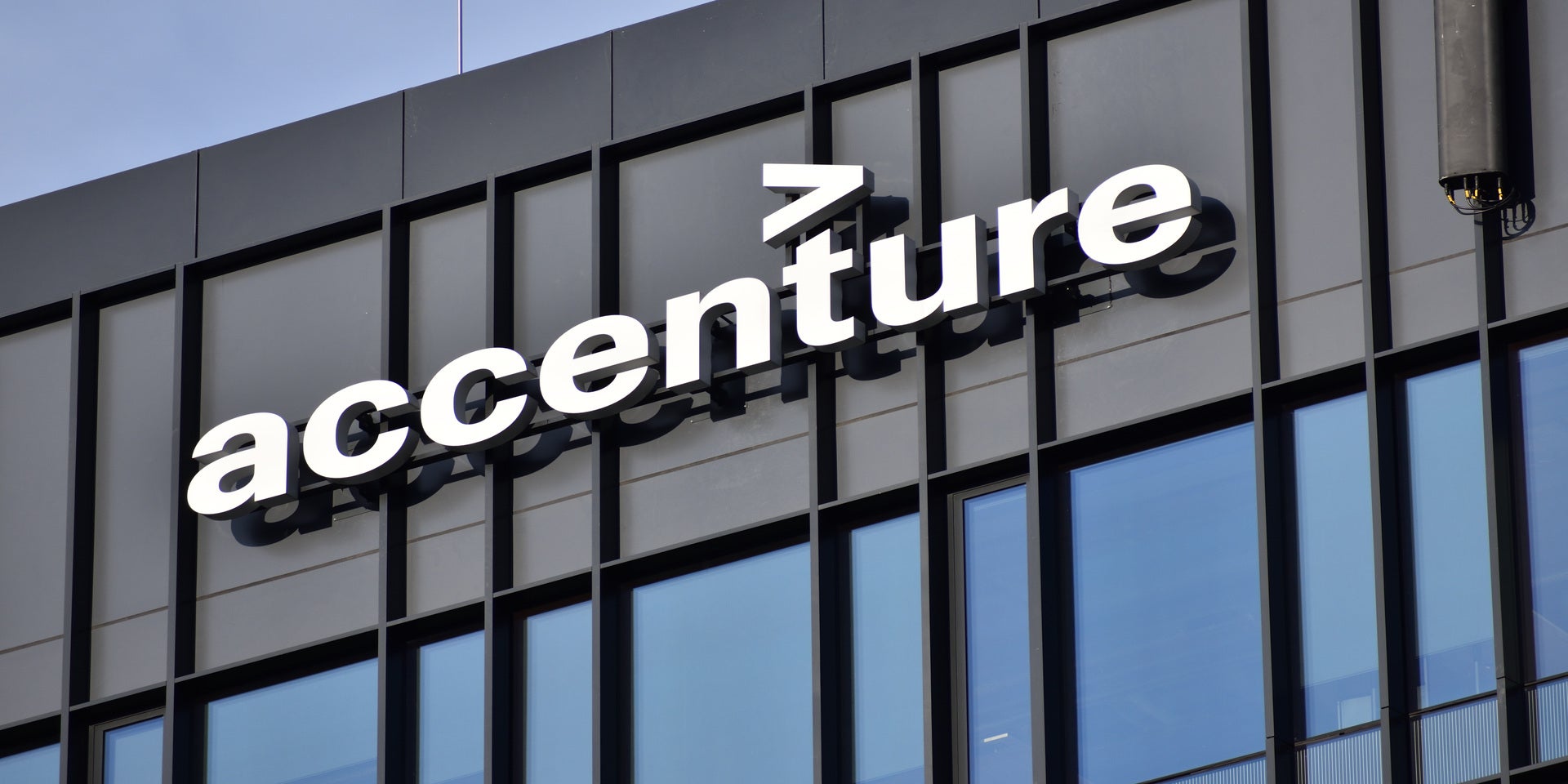Innovation is a critical issue for prosperity and growth, especially in the business world. In contemporary branding and marketing, innovation has moved from a strategic option to a mandatory management task.
The entry of Mr Biggs into the Nigerian market in 1986 caused a major disruption that would later change the face of Quick Service Restaurants (QSR) business in Nigeria. Prior to the stated period, branded QSR, popularly known as Fast Food Restaurant, was not a ubiquitous sight in the country. However, United African Company (UAC) made it possible through its subsidiary, Mr Biggs.
Mr Biggs became a regular spot for patrons who thronged the eatery for a taste of the difference it brought to bear in food business. The long queue that often snaked out of the restaurant was a testimony to the huge patronage and popularity of the Mr Biggs’ brand so much that it became a status symbol for those who wanted to impress their loved ones. The pressure on the first restaurant eventually resulted in the opening of a second outlet in 1988, and thereafter, Mr Bigg’s restaurants were opened across the country.
Following the success story of Mr Bigg’s, local eatery brands emerged with determined effort to get their share of the fast-food business. Some local brands like Tantalizers, Sweet Sensation and Tastee Fried Chicken came with their unique selling points to get a share of the market. While Tantalizers came with local menus, which were in addition to what Mr Bigg’s offered then, Olayinka Pamela Adedayo, founder of Tastee Fried Chicken, based her restaurant on the business model of Kentucky Chicken, the American fast-food chicken restaurant she had previously worked as a manager.
The likes of chicken republic, Mama Cass, Kilimanjaro, among others later joined the scramble for customers. Today, the scramble is not as hot as it used to be as Nigeria’s QSR is no longer the gold-mine it used to be in the late 80’s & 90’s. While operators in the business had a swell time and opened more outlets even at fuel filling stations across the country in the heyday of the business spanning over two decades, many operators are closing up shop due to lack of patronage, making the brands and franchisees to sit on heavy revenue losses.
With declining revenue and patronage, the local QSR operators started having trouble staying afloat in an unstable economy. But the bigger trouble for them was the emergence of well-known international brands that disrupted the market better customer service, marketing campaigns, trendier facilities, better management and maintenance culture. Foreign brands such as Kentucky Fried Chicken, Eat’N’Go (Master Franchise of Domino’s Pizza, Pinkberry and Cold Stone Creamery) and Debonairs Pizza have given the local brands a run for their money, and the outlook of the QSR sub-sector doesn’t look like it would change any time soon.
These foreign brands have leveraged technology to advance their businesses particularly e-commerce. Food is no longer left out as restaurant owners have begun to see the importance of getting to a consumer where they are. Restaurants now operate e-commerce websites or are registered as vendors on other top e-commerce platforms. According to a Forbes report, ghost restaurants also known as delivery-only restaurants will continue to increase in the coming years
The popularity of the foreign brands at a time when many outlets of the local ones are closing down is because they tailored their products to local tastes and have added popular local ingredients. The intrigue for many is that despite the high prices of the offerings at the outlets of these foreign brands, Nigerians still throng them to have a taste of the foreign menu.
Commenting on the development, MD/CEO Oakland & Johnson, Johnson Anorh, opined that branding is critical to a product or service evolution, stressing that it is unfortunate that the local brands did not put the right emphasis on this. He argued that branding will help you research to know what makes you different in order to innovate and create clear-cut differentiation.
“When the global brands came in, it was easy to get the kind of increasing market share that they are getting. They came differentiated, found their core, built service delivery around this core and then communicated in the best way possible. We have a few local brands that have learnt this, though. For those who have refused to evolve because they didn’t put the right emphasis on branding and innovation, they have been finding it hard staying on their feet,” he said.
Also lending his voice to the downward trend in local QSR operators’ sales and profit margins, MD STB MCcan, Paul Ugoagwu, ascribed the performance of the foreign brands to innovation. “It’s a tale of the old versus the new. These foreign restaurants are innovating with smarter offerings and service delivery. The oldies are stuck in their old ways of doing things.”
Eat‘N’Go, a leading foreign QSR brand and franchisee of Domino Pizzas, Cold Stone Creamery and Pinkberry Gourmet entered the Nigerian market in September 2002. Since then, the leading QSR brand has remained consistent in the expansion of its services to more Nigerians, providing value and satisfaction for its customers all year round. It has brand presence in Abuja, Port-Harcourt, Lagos, Ibadan, Ilorin, Akure and Enugu.
Speaking to MARKETING EDGE on its success story, Managing Director, Eat’N’Go, Patrick McMichael, attributed it to technology and innovation. “We are a technologically inclined brand. We pride ourselves in the use of technology to drive growth. We have invested heavily on the digital side of our business. Over the years, we have invested massively in different forms of innovative technology to offer the best value to our customers whilst also easing our own operations.”
He continued: “We developed a mobile app where our customers can place orders from the comfort of their homes and have them delivered in 25 minutes. We recently partnered with a leading online retail store, Jumia, to allow us serve more customers through online sales.”
The company boss stated that Eat’N’Go leverages technology to its maximum capacity to run its operations in-store through Point of Sales (POS) systems, adding that it has also developed a new e-learning platform to equip members of staff with best in-class learning to better serve its teeming customers.
The drivers that influence innovative foodservice products are multifaceted and challenging, as consumer tastes and food trends change all the time. Although the overall economy appears to be slowing, the foodservice industry in Nigeria has grown continuously in the past 20 years and is expected to continue doing so.
Every product seems to go through a life cycle: it is born, goes through several phases, and eventually dies as newer and better products come along. Because all products eventually decline, local QSR restaurants must develop new food items to replace aging ones. Innovation helps restaurants keep their product portfolio competitive and thereby achieve competitive advantage.
As the Covid-19 protocols harp on social distancing, most consumers have found the innovative services of the foreign QSR brands very appealing and convenient. To compete in Nigeria’s highly competitive QSR market, local QSR operators will have to up their innovation game.






Comment
No comments found.